Press Start - Know Your Imports
We kick off our first ever Press Start beginner guide by showing you the very basics of importing, both to and from different regions around the world.
Have you ever been interested in a unique Japanese game that had no hope of release outside of Japan? Or are you practically proficient in kanji because you've played every game in the Sega Ages series? Then you've probably got importing on the brain.
Video game importing is both an activity and a lifestyle. It's something that can be done by anyone but is seriously enjoyed by only a few. It has always been possible to import, but the trend of importing has seen bursts of activity during certain console generations and droughts during others. Though you can import a game from any region to another, American gamers traditionally do most of their importing from Japan, since there are a great number of games unique to that region.
So what's importing all about? How do you import? Why do you import? And if you find yourself caught up in a game filled with a foreign language, how do you make it through all those menus? Read on to find out.
 GameSpot UK says: European games are often delayed because they need to be translated into multiple languages before they're released. To appease European fans, companies will sometimes add extra content to their games during this process.
GameSpot UK says: European games are often delayed because they need to be translated into multiple languages before they're released. To appease European fans, companies will sometimes add extra content to their games during this process.
Do I Have the Tools?
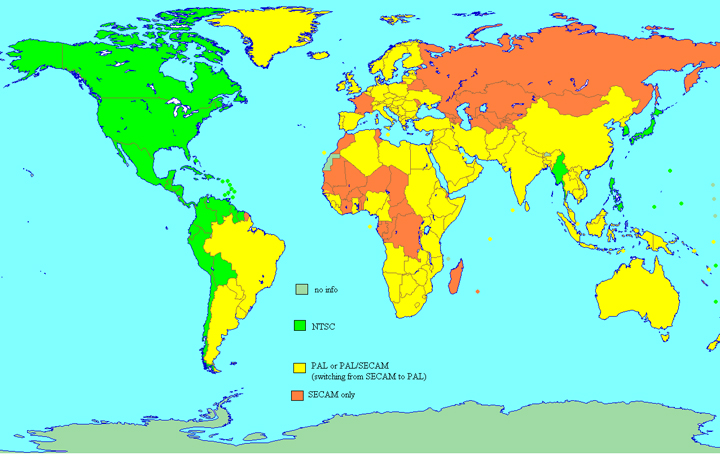
Before you can play video games from outside of your own country, you need to determine if you're going to face console, PC, or television regional discrepancies. In this endeavor, the greatest problem (in terms of cost-effectiveness) is going to arise between NTSC (National Television System Committee) and PAL (Phase Alternating Line) television sets.
The NTSC standard is for televisions used primarily in the Americas, Korea, and Japan. The major alternative to NTSC is PAL, which is the television format of choice in Europe, Africa, and South Asia. The two signals are unique, meaning that you can't play games from one region on a TV set from the other region, unless you have some method of conversion (like an expensive DVD player) to filter it through. Most regular NTSC televisions do not account for PAL, so it will be quite difficult for people to get their hands on PAL console games if they live in an NTSC region. Alternatively, the PC and handheld game systems are all region-free, so most importing from Europe will happen only in those formats.
Japanese televisions support the NTSC standard (often distinguished as NTSC-J), so any US television set should be able to play Japanese games, as long as you have the proper Japanese consoles to play them on.
 GameSpot UK says: Practically every television sold in Europe nowadays supports NTSC as well as PAL. You're unlikely to need a new one if your current TV is less than five or six years old.
GameSpot UK says: Practically every television sold in Europe nowadays supports NTSC as well as PAL. You're unlikely to need a new one if your current TV is less than five or six years old.
Import Consoles
After you've got your television setup worked out, the next thing to concern yourself with is the console that you're playing on. Generally speaking, consoles are region-specific, while the PC and handheld systems are region-free. To play a Japanese PlayStation 2 game, for example, you'll need to pick up a Japanese PS2. But all Japanese PSP games can be played on any PSP. If you're just getting into importing, you might want to start working with games that don't require you to buy a lot of extra hardware first.
When importing, some people choose to illegally modify their systems to play games from other regions. Opening a system to modify it will void any warranty that you may have with the manufacturer, and you open yourself up to a number of possible risks of tampering with the hardware, such as destroying your console entirely.
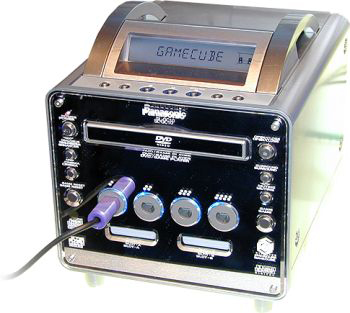
GameCube: While the GameCube doesn't have the largest collection of Japan-specific games in its library, there are a few noteworthy methods of legally playing GameCube games without having to buy an import version of the system. The first of these methods, which is twice as expensive as the second, is to invest in the now-discontinued Panasonic Q, a GameCube and DVD player all in one, and it's quite sleek looking to boot. The second is to purchase a GameCube boot disk, like the Free Loader, which works (relatively) bug-free and enables you to play games from any region on GameCubes from any region.
Warning: You must use a different memory card to save Japanese GameCube games, since Japanese saves will delete any saves from US games you might have on there.
Nintendo DS (region-free): The Nintendo DS is a handheld system, and it's entirely region-free. You'll still have to deal with the language barrier of importing games from Japan, but there's a fairly large library of Japanese games that are worth importing regardless, like last year's male cheerleading rhythm game, Ossu! Tatakae! Ouendan!
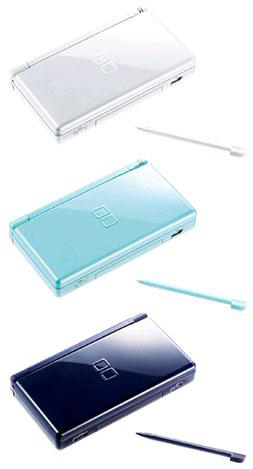
Some people import the DS simply for the opportunity of getting the hardware in colors unavailable to them in their region. Japan, for example, released the DS in a variety of exclusive colors, including candy pink and electric blue. Since the DS is region-free, some people have imported the Japanese version of the DS Lite, which was released on March 11 in Japan and still has no confirmed release date anywhere else. Since it's not guaranteed that all of the Japanese DS Lite colors will make their way to the US when the system inevitably does, an importer might get the added bonus of having a unique-colored system as well as an advance version of it.
PC (region-free): The PC, like the handhelds, is region-free, which means you can import games from anywhere and install them on any PC. You might find language problems to be prohibitive, but since Japan isn't known for having a wealth of exclusive PC games, American gamers will probably do most of their PC importing from Europe. The games to keep an eye out for are genres that don't have as strong of a following outside of Europe, specifically soccer (or, as Europeans like to call it, football) simulations like Sega's Football Manager series. When you're given the option, it's ideal to import from the UK or other native English-speaking areas before other countries, although many European games have a language selection screen.
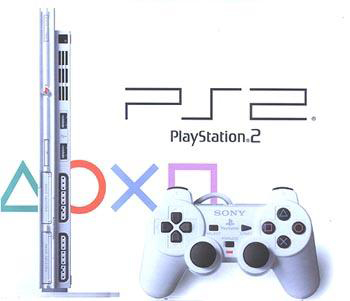
PlayStation 2: There are no 100-percent-legal work-arounds to playing Japanese games on a US PS2, so access to the Japanese library of games requires investing in an additional system. The benefit is the Japanese PS2's extraordinary library of exclusive games, which is massive and worthwhile, especially if you have an interest in rhythm games, anime, or role-playing games.
The major detriment to importing Japanese PS2 games is that there isn't the same type of price consistency overseas, and some of the higher-profile RPGs and rhythm games can cost much more than the average game in the US. Financial considerations aside, though, you can probably get good mileage out of an imported PS2, especially if you're willing to deal with any potential language barriers that may arise. And like other systems, the Japanese-region PS2s are available in different colors than the ones in the US.
PlayStation Portable (region-free): Like the DS, the PSP is region-free, enabling you to import any number of games without putting down the extra money for additional hardware. Bear in mind, though, that UMD movies are region-encoded, so you won't be able to play an imported copy of Advent Children on a US PSP, for example.
Xbox (region-specific): The Xbox is region-specific, but there's almost no reason to purchase an Xbox made outside of the US, particularly because there are few games exclusive to the Japanese Xbox. There are a couple of different colors/models made for Japan, like the blue Dead or Alive Xbox, but unless you're a pretty aesthetic-savvy collector, the cost isn't worth it.
Where to Import From
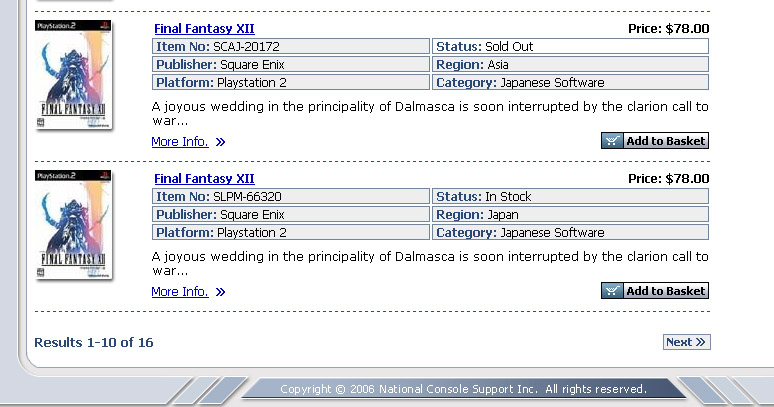
The best way to import is to go through one of the numerous online import shops. They offer pretty competitive prices, so picking one over another might be a matter of personal preference.
Whenever possible, it's beneficial to import the "Asia" version of a game instead of the "Japan" version. Asian copies often include additions to the manual in English or more English text than the Japanese versions.
National Console Support
Lik-Sang
Play-Asia
 GameSpot UK says: When the PlayStation was king, PAL games often came with black borders and ran slower than their NTSC counterparts. This was particularly true of fighting games, but it's rarely the case nowadays.
GameSpot UK says: When the PlayStation was king, PAL games often came with black borders and ran slower than their NTSC counterparts. This was particularly true of fighting games, but it's rarely the case nowadays.
Types of Games to Import
Action Adventure: Action adventure games in different languages can be hit or miss, depending on how complicated the gameplay mechanics are and how important the story is to gameplay. There are a number of interesting budget action adventure games that you can pick up for the PS2, with two of note being Demolition Girl (pictured) and Earth Defense Force 2.
Fighting: Since story isn't often the selling point for fighting games (or at least not the major selling point), import fighting games are generally easy to pick up. Controls are often spelled out using pictures of the controller and buttons, and in some cases there's enough English to get through the menus without guessing. Most of the major fighting games make their way to the US (although sometimes later than their Japanese counterparts), but if you import fighting games you'll be treated to unique experiences such as Asuka 120% Special Burning Fest.
Platformer: As is the case with action adventure games, playing a platformer in a different language is only as complicated as the story. Platformers aren't a noteworthy genre to import, though you can get your hands on games that you might not be willing to wait for, like this year's Super Princess Peach. Thankfully, LocoRoco is getting a worldwide launch later this summer. But if it weren't, you can bet that it would be at the top of most people's import lists.

Puzzle/Rhythm: One of the major reasons to get involved in importing is undoubtedly to pick up games from the puzzle and rhythm genres. Japanese-exclusive puzzle games, like last year's Baito Hell 2000, often feature gameplay experiences that you could never have anywhere else. Whether it's enjoyable to see something new, or entertaining to discover other cultures' colloquialisms, puzzle games often offer the most unique and interesting gameplay to be found outside of the US. These games occasionally make their way to the US, like 2003's surprisingly entertaining WarioWare and the cult favorite Katamari Damacy.
Rhythm games, which originated in Japan and many of which are exclusively released there, require very little understanding of the language and only a basic ability to navigate through menus. The games often come out with expensive peripherals, so you can spend quite a bit of money on any given rhythm game, although there are plenty of releases for those peripherals to justify the price of buying one, so long as you enjoy interacting with it. Though the DJ simulator Beatmania was recently released in the US, there is at least one rhythm game that may never come out over here: Pop'n Music. Pop'n Music may not be much different from other rhythm games that have come to the US, but the input device is certainly unique, and it's an arcade classic over in Japan worth playing if you're a fan of rhythm games.
Racing: Racing is another genre that is impacted lightly by the threat of a language barrier. If you're interested in spending a lot of time in the menus tweaking your vehicle, you might run into some problems, but racing itself needs no language. The benefit of importing racing games is that Japanese and European releases are released earlier in those territories than elsewhere or never make their way to the US. Games like Gran Turismo are released in Japan months in advance of their US counterparts and have special Asia-only variations like Gran Turismo Concept.
 GameSpot UK says: Rally driving and Formula One games are often exclusive to Europe, though it's not unheard of for them to be released in North America with budget price tags.
GameSpot UK says: Rally driving and Formula One games are often exclusive to Europe, though it's not unheard of for them to be released in North America with budget price tags.Role-Playing Games: One of the big draws of importing is the lure of RPGs. There are many RPGs that come out much earlier in Japan than in other regions, namely the Final Fantasy games, Dragon Quest, and other classic RPG favorites. The major drawback to importing RPGs is that the genre is, by nature, extremely text-rich. You'll find it difficult to navigate through the menus and even more difficult to tell what is going on. The benefit is an advance peek at RPGs, as well as access to the entire library of games that are never translated. Playing a lot of Japanese RPGs will also strengthen your grasp of the Japanese language, although it will take a lot of dedication and study to learn a language merely by playing games--not to mention that you'll be better equipped to play more RPGs than to hold a conversation with someone.
Sports: Importing sports games will be important to you if your interests are in either unique or Japanese-specific sports and/or soccer.
 GameSpot UK says: Soccer (or real football) games are often released in Europe much earlier than they are in North America. Soccer management games rarely make it across the pond, which is why Sports Interactive made the Xbox 360 version of Football Manager 2006 region-free.
GameSpot UK says: Soccer (or real football) games are often released in Europe much earlier than they are in North America. Soccer management games rarely make it across the pond, which is why Sports Interactive made the Xbox 360 version of Football Manager 2006 region-free.
Making It Through Your Imports
So you've finally figured out how to play your import games, and you know which genres you're going to end up getting. Against all recommendations, you've settled upon an early import of a game like Final Fantasy XII. But the problem is that you're not fluent in Japanese. So now what?
Check out our video for a few noteworthy tips on navigating through the Final Fantasy XII menus, which should be applicable to many other import games as well. They include:
 GameSpot UK says: American English can be confusing at times, but if you take out the words "so," "yeah," "dude," "awesome," and "I was like," you shouldn't have much trouble playing games from the US.
GameSpot UK says: American English can be confusing at times, but if you take out the words "so," "yeah," "dude," "awesome," and "I was like," you shouldn't have much trouble playing games from the US.
Tip One
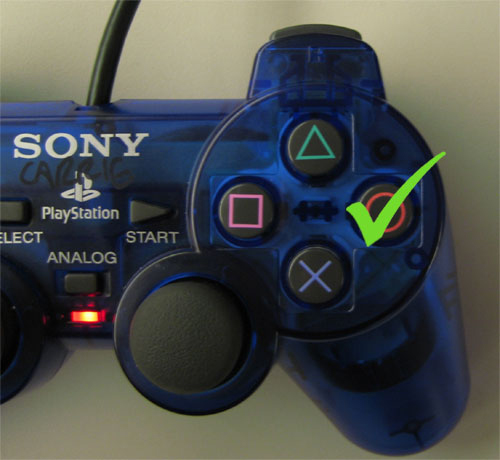
Tip Two
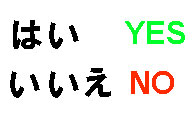
Tip Three
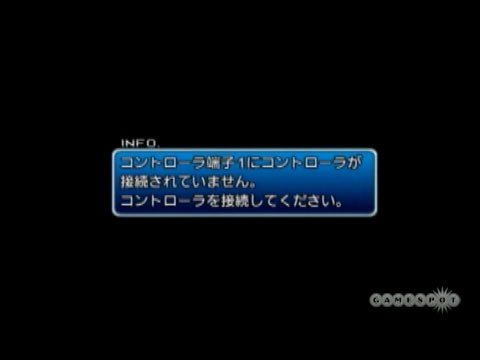
Tip Four
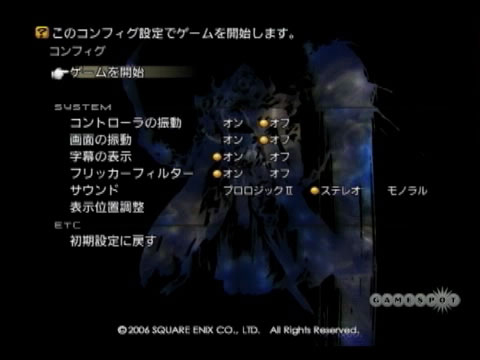
Tip Five
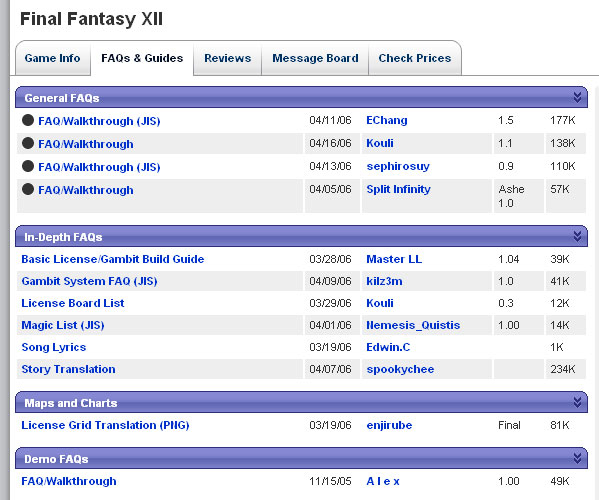
Got a news tip or want to contact us directly? Email news@gamespot.com
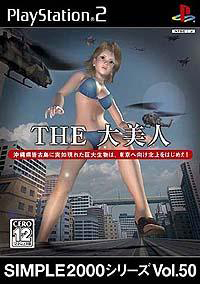
Join the conversation